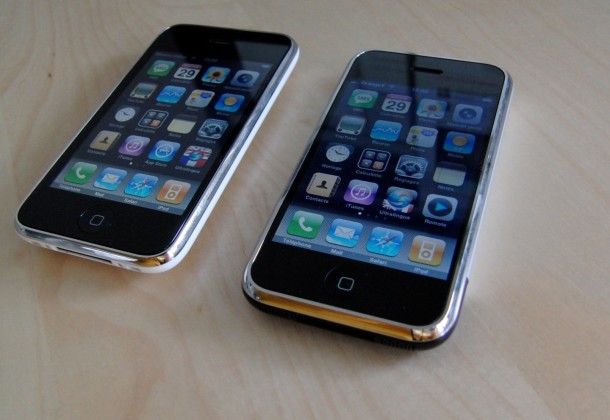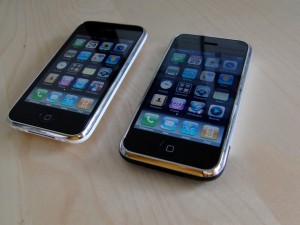Smartphone Sobriety Test?

Posted by Judith Sterling
Nationwide
Leading Edge
A sobriety test may not seem the likeliest source to spawn a mobile phone app, but according to a recent report by the Associated Press, it was the inspiration for Nashville, Tennessee resident Clay Bradley.
Bradley got the idea while following a policeman’s pen with his eyes when he realized that a smart phone could be used for the same purpose.
He mentioned this idea to some friends, and they came up with BreathalEyes, a 99-cent smartphone application, which launched in November. People can allegedly use the app to help determine whether they’ve had too much to drink to drive.
The makers claim the app can be used to measure involuntary eye movements when people are intoxicated, which is one method police use in field sobriety tests. The app uses the phone’s camera and scans a person’s eyes to find the “horizontal gaze nystagmus,” which is the involuntary eye jerking that occurs when a person is intoxicated.
“It takes a series of photographs to detect and analyze HGN, then estimates the user’s blood alcohol content,” Bradley told AP.
He shared his idea with his friend, Russell Ries.
“This was really appealing to me because I am a recovering alcoholic,” Ries told AP. “I know firsthand that any little bit of information you can put in front of somebody’s face to help them make smarter decisions, especially people who have a tendency to abuse alcohol, can help.”
The two men then approached their friend, Robert Andrews.
“It sounded like a great idea, so I invested in some research and development,” Andrews said, according to AP. “Then we eventually all decided to become partners, and I invested some more money into it, and now we have all sort of coalesced into a true partnership.”
The men said that their app, when downloaded, can detect a user’s blood-alcohol content with an effective range of between .02-.17 percent.
“At no point will the app say, `Yes, you can drive; no you shouldn’t drive,”’ Ries told AP. “We feel ultimately that decision falls on the person. But if we can give them something to help them make a smarter decision, that is what we want to try and do.”





















